
Changing mindset in production
After 1986, when the whole country entered the renovation period, Son La creatively applied the Party's policies, especially Resolution No. 10-NQ/TW of the Politburo on innovation in agricultural economic management. From Contract 100 to Contract 10, then Resolution 5 of the Central Committee (Session VII) on agricultural development and socialist rural construction, Son La agriculture gradually had a fundamental change, bringing a prosperous life to farmers.
A major turning point for Son La agriculture was when the Provincial Party Standing Committee issued Conclusion No. 121-TB/TU dated November 30, 2015 on growing fruit trees on sloping land. The correct, accurate and popular policy opened a new era for Son La agriculture: Transforming the crop structure, exploiting the advantages of each region, making fruit trees, coffee, tea... become key products. A series of support policies attracted businesses and cooperatives to invest in agriculture, gradually forming an agricultural economic mindset to replace agricultural production.

Continuing the development momentum, on January 21, 2020, the Provincial Party Committee issued Resolution No. 08-NQ/TU on concentrated, sustainable development of agriculture, forestry and fisheries, and Resolution No. 06-NQ/TU on development of agricultural processing industry. The dual goal is clearly defined: Turning Son La into a high-tech agricultural center and an agricultural processing center of the Northwest region.
Mr. Tran Dung Tien, Deputy Director of the Department of Agriculture and Environment, shared: It is the consistency in policies and creative ways that have created a strong "push" for the entire agricultural sector. The province focuses on developing fruit trees on sloping land, promoting the application of high technology, encouraging businesses and cooperatives to invest in production and processing, gradually forming large raw material areas and sustainable value chains.
Thanks to that, Son La has shifted from self-sufficient agriculture to large-scale commodity production, applying science and technology and linking with the market, affirming its brand on the national agricultural map.
Value chain linkage - a sustainable step for agricultural products
In the past 5 years, Son La agriculture has achieved an average growth rate of 3.44%/year, accounting for about 23% of the province's economic structure. The average income value per hectare of cultivated land has increased by more than 10%/year, reaching about 85 million VND/ha. The proportion of high-tech agriculture accounts for about 10% of the total value of the industry - these figures confirm the right direction. Currently, the whole province has 85,000 hectares of fruit trees, with an output of about 510,000 tons/year, 24,300 hectares of coffee, 5,850 hectares of tea, 43,500 hectares of industrial cassava and nearly 10,000 hectares of sugarcane. Key products such as: Mango, longan, passion fruit, macadamia, Son La coffee, Moc Chau milk, Ta Xua tea have become strong brands, reaching out to the international market.

A notable highlight is the value chain linkage model between the “4 houses” (State - Scientists - Enterprises - Farmers) being promoted, helping to improve productivity, quality and expand the consumption market. The whole province currently has nearly 900 agricultural cooperatives and 6 cooperative unions.
Ngoc Hoang Agricultural Cooperative, Ta Hoc commune is a typical example, from 11 initial members, now has more than 200 participating households, with 500 hectares of fruit trees, mainly red-fleshed dragon fruit. In addition to domestic consumption, the products of the Cooperative are also exported to many European markets, bringing in tens of billions of VND in revenue each year, helping many households earn hundreds of millions of VND each year. Mr. Do Danh Nhat, a member of the Cooperative, excitedly said: My family currently has 1 hectare of red-fleshed dragon fruit, thanks to the application of scientific and technical advances in planting and care, the dragon fruit garden yields over 60 tons of fruit per year. The entire output is contracted by the Cooperative, bringing in an average income of over 1 billion VND/ha/year.
After 15 years of establishment, the natural safe vegetable cooperative in Moc Son ward has built a brand for its clean vegetable, root and fruit products. The cooperative currently has 25 hectares of vegetable land, supplying the market with 7-8 tons of vegetables, root and fruit/day, with an average income of 500 million VND/ha. Ms. Nguyen Thi Luyen, Director of the Cooperative, said: Shifting from self-sufficient, small-scale production, in 2013, I linked up with vegetable growers in the area to establish a cooperative, promoting the application of advanced greenhouse technology, investing in automatic irrigation systems, drip irrigation, mist spraying, applying VietGAP processes, organic care and specializing in growing off-season vegetables. The cooperative is supported by the province and commune to design packaging, traceability labels, and participate in trade promotion. Currently, the Cooperative is producing 32 types of off-season vegetables and fruits according to orders from partners in many large provinces and cities across the country.

The province currently has over 560 agricultural processing facilities, including 17 large-scale processing plants. Enterprises such as Doveco, Nafoods, IC Food, Phuc Sinh, Mavin, BHL... have invested in modern technological lines, creating stable output for agricultural products. Son La province has just inaugurated the BHL Son La modified starch factory, with a capacity of 90,000 tons/year, and started construction of the Mavin Mai Son agricultural processing complex with a capacity of 300,000 tons/year. These are projects that continue to affirm Son La's progress in deep processing, increasing the value of agricultural products.
In addition, Son La has granted 218 growing area codes, 8 packaging facility codes, 31 agricultural products with protection certificates, 214 OCOP products, including 1 national 5-star product. The province maintains more than 260 safe agricultural product supply chains, expanding export markets to China, the EU, Japan, Russia, etc.
Not only developing cultivation, the livestock sector has also shifted strongly towards commodity production. The whole province has hundreds of farms applying automatic technology, tens of thousands of livestock and poultry achieving VietGAP certification; the forestry sector applies GIS technology and tissue biology, cuttings to propagate high-yield forestry trees.
Son La currently maintains 9 high-tech agricultural zones and is implementing the High-tech Agricultural Zone Project in Tan Yen commune, expected to be submitted to the Prime Minister for approval in 2025. This is an important preparation step to affirm its position as the "high-tech agricultural capital of the Northwest region".
Towards the agricultural processing center of the Northern Midlands and Mountains region
Today's results are a testament to the strategic vision and efforts of many generations of provincial leaders. The Resolution of the 16th Provincial Party Congress, term 2025-2030, sets the goal: By 2030, Son La will become the agricultural product processing center of the Northern Midlands and Mountains.
Mr. Tran Dung Tien, Deputy Director of the Department of Agriculture and Environment, informed: The province will focus on building 25 high-tech agricultural zones, perfecting the agricultural product consumption system according to the value chain, attracting "locomotive" enterprises with capital and technology capacity to participate in investment. Along with that, Son La continues to encourage the development of digital agriculture, smart agriculture, ecological agriculture, associated with agricultural tourism in areas such as Moc Chau, Thuan Chau, Pha Din Pass...

The application of science and technology continues to be considered a key solution. The province is implementing many projects using sensor technology, IoT, drip irrigation, and automation in production and processing, helping to reduce costs, increase productivity, lower prices, protect the environment, and improve competitiveness.
New beliefs are being affirmed, Son La farmers today not only "farm", but have become agricultural entrepreneurs, mastering technology. Along with that, the "billionaire farmer" model is increasingly numerous, from mango growers in Yen Chau, longan growers in Song Ma, coffee growers in Mai Son to dairy cow farmers in Moc Chau, fish farmers on the Da River reservoir in Quynh Nhai... have contributed to creating a dynamic and prosperous new rural appearance.
130 years of construction and development, Son La has gone through a long and arduous journey, but also a very proud one. From self-sufficient agriculture to modern processing factories, from poor farmers to agricultural billionaires, all create a "Son La phenomenon" bearing the mark of innovation.
With the aspiration to rise and the consensus of the entire political system, Son La is gradually realizing the goal of becoming a center of high-tech agriculture and agricultural processing in the Northern Midlands and Mountains, contributing with the whole country towards green and sustainable agriculture.
Source: https://baosonla.vn/nong-nghiep/diem-sang-nong-nghiep-cua-ca-nuoc-Lwld1N6NR.html



![[Photo] Standing member of the Secretariat Tran Cam Tu works with the Standing Committee of the Party Committee of the Ministry of Health](https://vphoto.vietnam.vn/thumb/1200x675/vietnam/resource/IMAGE/2025/10/10/1760079818773_image-4-6972-jpg.webp)

![[Photo] "Exposing letters" in the flood center of Lang Son](https://vphoto.vietnam.vn/thumb/1200x675/vietnam/resource/IMAGE/2025/10/10/1760080117518_ndo_br_z7101324112737-07cd4d1c01801a8ccf4ae0cbaf31c4a3-507-jpg.webp)
![[Photo] Prime Minister Pham Minh Chinh attends the Patriotic Emulation Congress of Hanoi city](https://vphoto.vietnam.vn/thumb/1200x675/vietnam/resource/IMAGE/2025/10/10/1760078918257_dsc-2008-jpg.webp)
















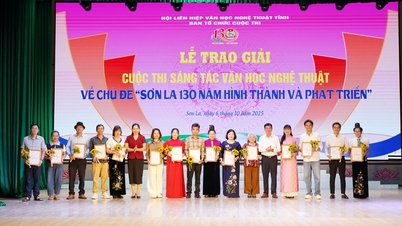
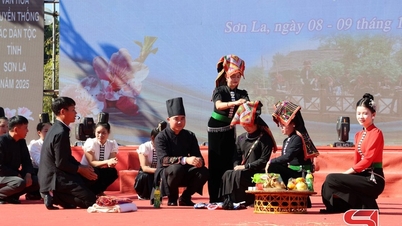



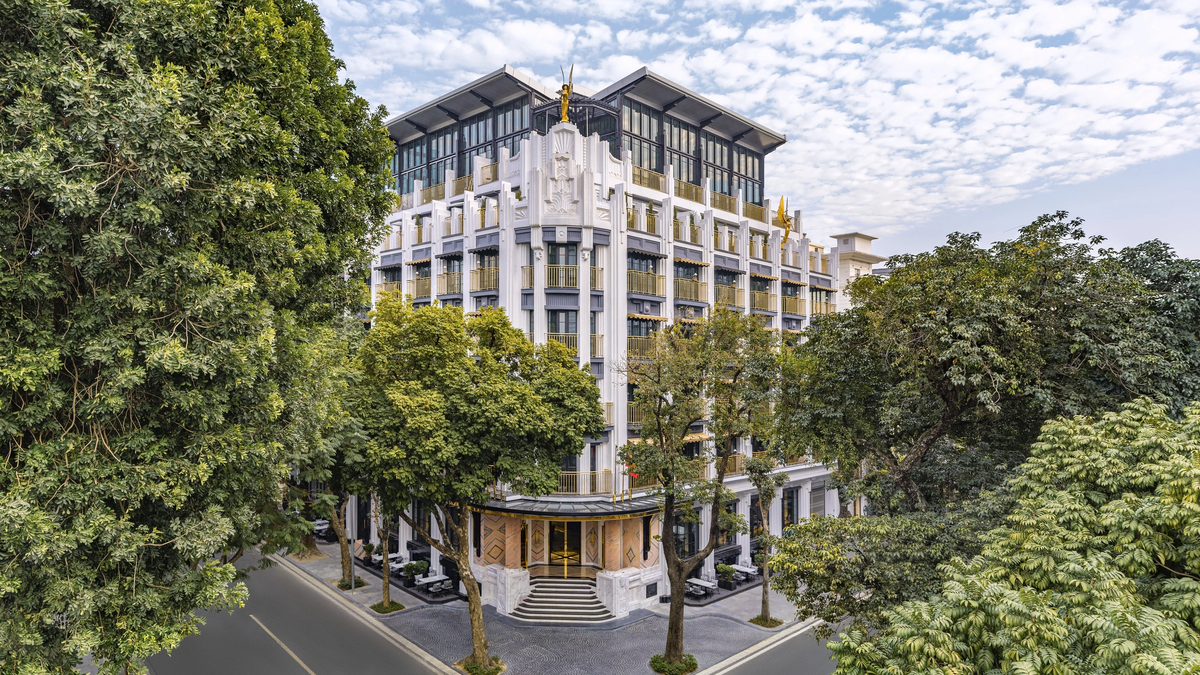





















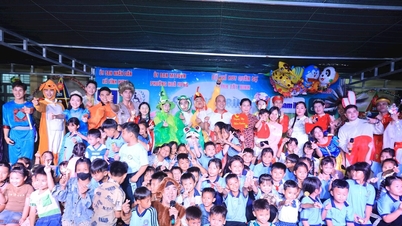






![[Photo] President Luong Cuong presents decisions on conferring titles and appointing Vietnamese Ambassadors](https://vphoto.vietnam.vn/thumb/402x226/vietnam/resource/IMAGE/2025/10/10/1760082105623_image-1.jpeg)














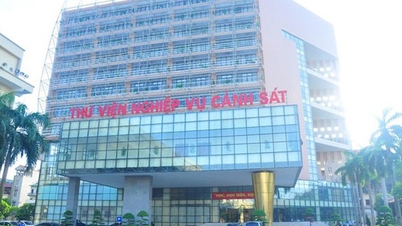



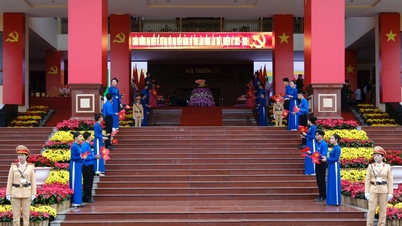


















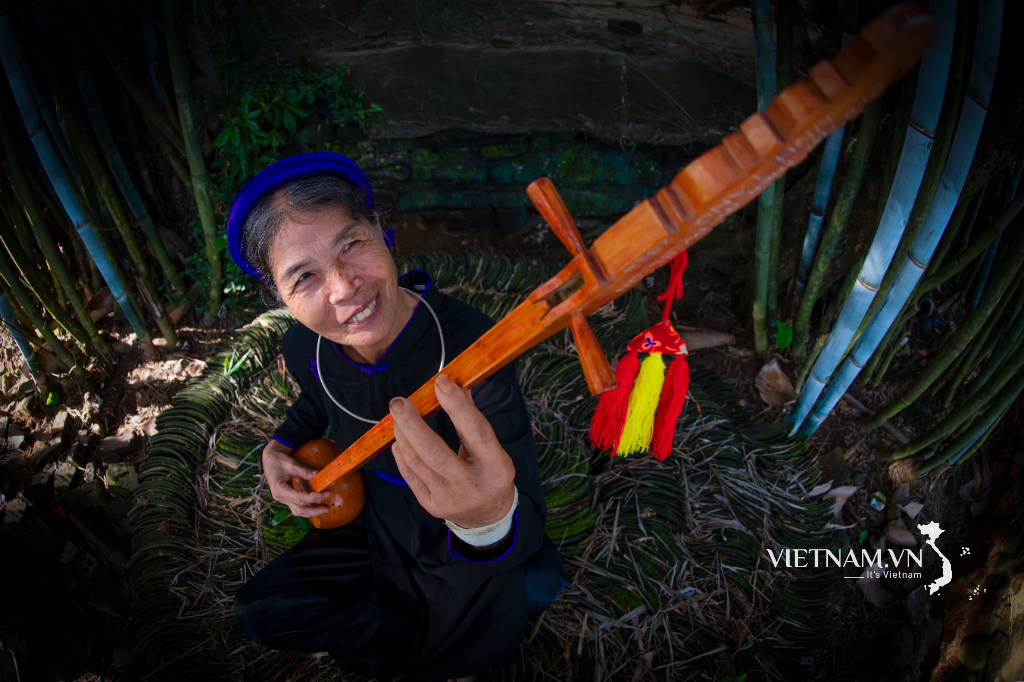

Comment (0)